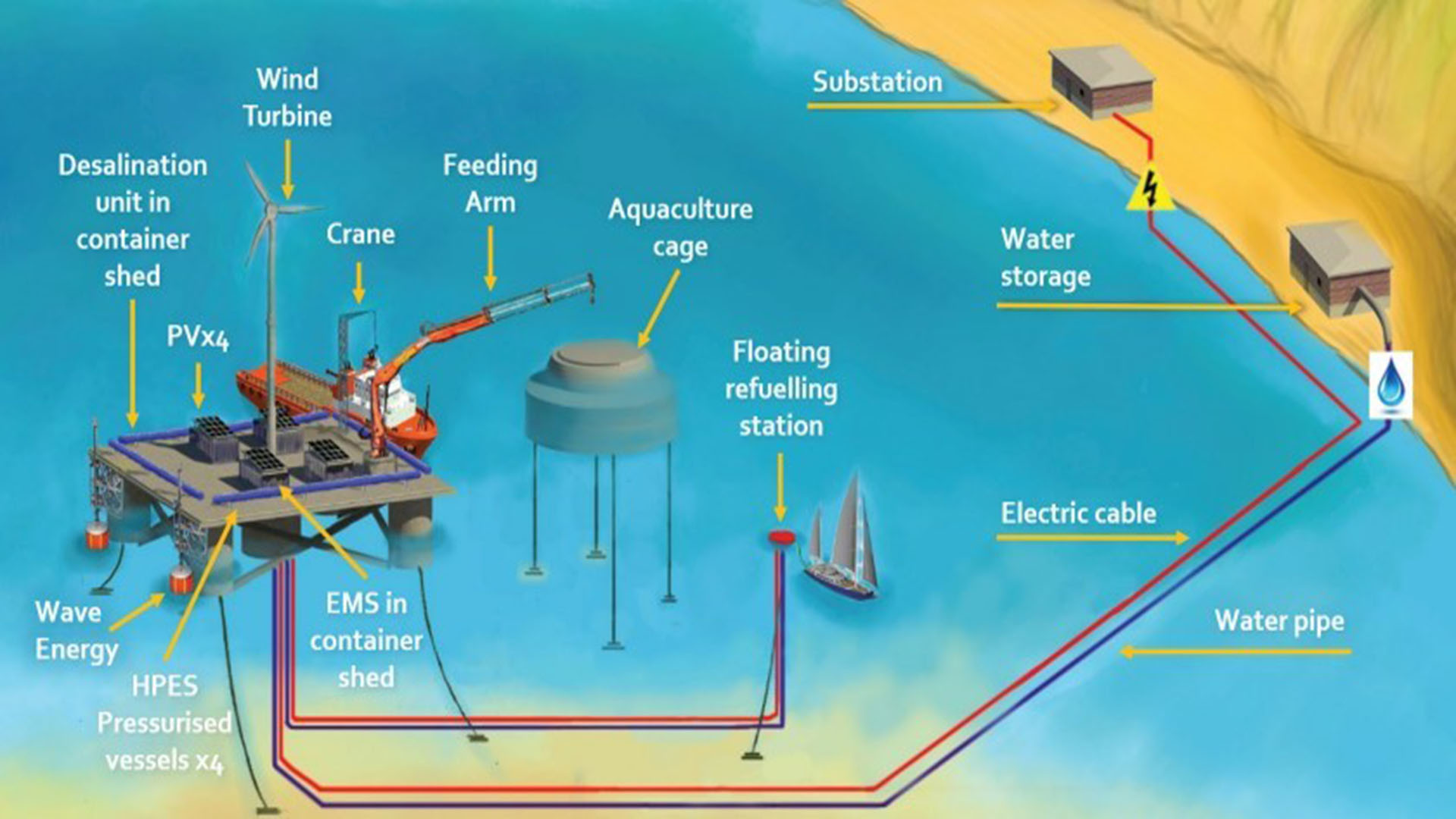The user organisation
The University of Aegean – UAEGEN (Greece), consists of a network of “academic ports of studies and research” successfully established in six (6) campuses spread across the Aegean Archipelago, providing a unique natural, cultural and human environment. The headquarters of the UAEGEAN is located in Mytilene (on the island of Lesvos), whereas the six (6) Schools and 18 Departments of the University and its forty-four (44) Master’s Programs and PhD Studies are located in the islands of Lesvos, Chios, Samos, Rhodes, Syros and Lemnos.
The Department of Shipping, Trade and Transport (STT) was founded in 1998 in the island of Chios, in line with character of the Aegean region and the long nautical tradition of Chios. The STT has succeeded to emerge as an extrovert international Centre of Excellence in University shipping studies. This success is confirmed by the global academic community, as certified by numerous grants, distinctions and prizes. STT is conducting considerable research in the fields of shipping, transport, ports and technology innovation, also focusing on R&D in marine renewable energy sources and offshore structures, advanced materials, sustainable technologies in the Blue Economy, and other related issues.
Challenges faced by the user
The MUSICA (Multiple Use of Space for Island Clean Autonomy) project has developed a replicable smart multi-usage of space (MUS) platform for the concurrent use of three types of renewable energy – wind, Photovoltaic (PV) and wave – at small islands. The MUS will also contribute to the advancement of a successfully tested multi-use platform (MUP), which was previously developed by UAEGEAN and the private company EcoWindWater. The MUS will offer a one-stop decarbonising shop for the islands that includes on-site energy storage, modelling and forecasting, desalination, and so-called green services to support aquaculture. Small islands will now be able to take optimal advantage of limited space while MUSICA will provide a full suite of solutions for ‘Blue Growth’ that can share the same space and work synergistically together, sharing supply chains and reducing operating and maintenance costs. The pilot demonstration of the MUP technologies will be located off the island of Oinousses, a small island of 800 people, located in the Northern Aegean (Greece). In the framework of the project, preliminary siting studies on bathymetry, physiography, environmental constraints and human activities were implemented in the selected coastal areas prior to the establishment of the multi-use platform. The results are used to provide initial information for the finding of optimal siting areas of the multi-use platform.
MUSICA project has received funding the European Union’s Horizon 2020 research and innovation programme under grant agreement number 862252.
EMODnet services used
EMODnet provides valuable tools, providing rapid, easy and free access to reliable and accurate information about the marine environment. MUSICA currently uses map services and data from EMODnet Bathymetry (e.g. Bathymetric contours), EMODnet Geology (e.g. Seabed Substrate) and EMODnet Human Activities (e.g. Cables & pipelines, Aquaculture facilities, Environment, Ports, Military areas, etc.) to highlight areas of potential constraints e.g. use of marine space by other users, marine protected areas, etc. The available data products are very useful for preliminary siting through synthesis and visualization of the different thematic layers, allowing further processing, and are used as an initial source of information, identifying the most suitable areas for the establishment of the multi-use platform, avoiding constraints, and limiting in situ investigation only in appropriate areas. MUSICA uses the Layer description to get an overview of the available knowledge and, if necessary, is guided to the relevant pages for more details.
Impact of EMODnet
The freely available EMODnet data and services allowed better, easier and faster planning and organization of the preliminary siting phase of the multi-use platform, which significantly reduced its implementation time and significant additional costs (e.g. data purchase, etc.). In situ investigation was limited to optimal areas only, while most of the required data could be gathered through the EMODnet portal. MUSICA is carried out in cooperation with 15 different project partners across Europe, who gained insights into the importance and availability of required datasets on the EMODnet Portal.
The publicly available EMODnet data and services combined with other datasets provide important initial information for mapping selected areas and constraints, making preliminary siting process easier, faster and more cost-effective.
Media

